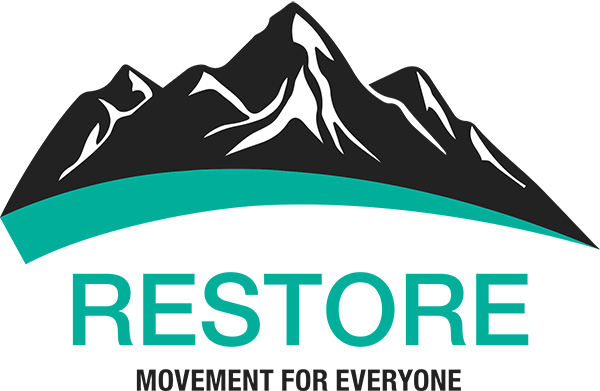A campus collaboration to improve knowledge translation and implementation of evidence-based practices for rural rehabilitation providers
Oct 11, 2021
Dr. Stevens-Lapsley recently received official notice of award for a second year of funding from the Veterans Office of Rural Health for this line of work Improving physical rehabilitation for rural veterans with complex care needs.
The purpose of this work is to provide rural clinicians caring for Veterans in Community Living Centers (CLC) and State Vets Homes (SVH) with remote education and training in high-intensity rehabilitation to improve their capacity for implementing evidence-based care for rural Veterans while fostering improved professional quality of life through professional engagement. This line of work largely aims to increase rural clinician access to education and training in evidence-based rehabilitation to improve the quality of care provided to rural Veterans at risk for functional decline.
In FY21, we increased rural access to evidence-based high-intensity physical rehabilitation by offering a robust, remote education and training program (e.g., didactic content, problem-based learning, communities of practice) for clinicians providing post-acute rehabilitation. This has resulted in a) enrollment of four rural Clinical Living Center sites, b) clinician and leadership engagement in pre-implementation survey measures, c) 88% clinician enrollment and participation in the training program, and d) feasibility of the remote training methods as evidenced by positive clinician reactions to the program and positive changes in learning and behavior. While we demonstrated remote training was feasible, we also identified facilitators of, and barriers to, implementation, as well as strategies for refining this training.
The instructional design team and Emma Beisheim, Katie Butera, and Lauren Hinrichs of the RESTORE team are currently refining the training experience based on stakeholder feedback; including the addition of interactive elements, personalized learning plans, and learning activities following the Master Adaptive Learner framework. The RESTORE team is also executing a plan for remote, iterative, just-in-time practice facilitation following the formal training experience to optimize facility-specific implementation of high-intensity rehabilitation.
Objectives following the delivery of the revised training and implementation experience will 1) determine the acceptability of and learner engagement with this revised approach, 2) evaluate whether training to deliver, and implementation of, high-intensity rehabilitation in rural settings is associated with improvements in rural clinicians’ professional quality of life (e.g., job satisfaction, self-efficacy), 3) evaluate whether remote training is effective to support rural clinicians’ capacity to apply high-intensity training principles to clinical practice (e.g., readiness to implement, fidelity assessment), and 4) continue to add to our body of knowledge of site-specific barriers and enable successful implementation.
In subsequent years, we hope to 1) offer this training to rehabilitation staff throughout the VA system as a VA Rural Promising Practice, 2) facilitate increased collaboration between clinicians at sites providing post-acute care to rural Veterans nationwide, and 3) facilitate increased collaboration between instructional designers and education and implementation experts to continue to optimize and expedite knowledge translation and implementation of rehabilitation best practices with the goals of increasing the quality care provided as well as the rehabilitation provider’s professional quality of life.